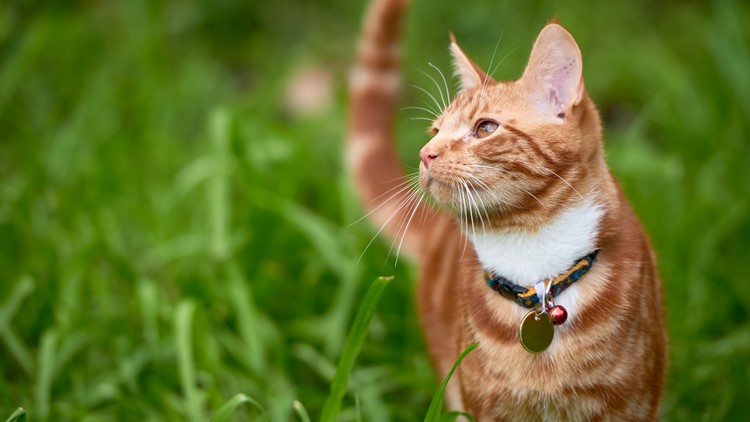FAYETTEVILLE, Ark. — The University of Arkansas announced Tuesday that the state’s department of health has confirmed a COVID-19 case in a house cat.
Now they are warning pet owners to be careful with their pets.
Read the full release from the University of Arkansas below.
"Veterinary health experts are advising individuals who have COVID-19, or suspect they do, to limit contact with their pets. Heidi Ward, extension veterinarian for the University of Arkansas System Division of Agriculture, said the Arkansas Department of Health recently confirmed that a central Arkansas cat was found to be infected with the virus.
The house cat, the first COVID-19 infected feline in Arkansas, is reported to have recovered and is healthy.
“People need to be aware that they should distance themselves from their pets if they have tested positive for COVID,” Ward said. “Animals infected with the virus typically develop mild to moderate respiratory symptoms. If a person finds out they are positive for COVID-19 and suspect that their pet is also infected, they should call their veterinarian for guidance.”
Limiting contact means no snuggling, sleeping in the same bed or sharing food with pets. Pet owners who test positive for the virus might consider having someone “pet sit” until the owner is clear of COVID.
For more information about the virus in animals and recommendations for pet owners, visit https://www.cdc.gov/coronavirus/2019-ncov/animals/pets-other-animals.html.
According to the U.S. Centers for Disease Control and Prevention, infections of cats and dogs have been reported in the United States and other countries. A ferret in Slovenia also tested positive. Lions, tigers and a puma, along with some great apes, have tested positive. The CDC suspects these zoo animals contracted the virus after coming in contact with COVID-infected zoo employees.
The U.S. Department of Agriculture tracks positive tests in animals at: https://www.aphis.usda.gov/aphis/ourfocus/animalhealth/sa_one_health/sars-cov-2-animals-us.
For more information, visit the animals tab at www.uaex.edu/Covid19."




